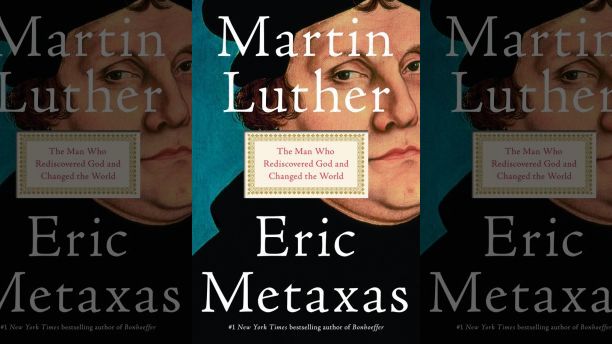William Tecumseh Sherman is primarily famous for one thing –
his amazing Civil War March to the Sea during the fall of 1864. After conquering the southern city of Atlanta
and essentially insuring President Lincoln’s re-election, on November 16, 1864,
Sherman and his Army of the West left Atlanta behind. Leaving a Confederate Army in his rear and
untethering himself from communications and supply, Sherman set out to create a
50 mile wide swath of destruction through Georgia. He accomplished this journey through the
heart of the South, losing less than 1000 soldiers, freeing tens of thousands
of slaves and bringing the reality of war to the rich Confederate planter class
that pushed the South into the Civil War in the first place. He arrived at the Atlantic Ocean near
Savannah, Georgia with an army stronger and healthier than it was when he left
Atlanta.
In his magnificent book, The Soul of Battle: From Ancient Times to the Present Day, How
Three Great Liberators Vanquished Tyranny, Victor Davis Hanson tells the
story of William Sherman and his March to the Sea. Until about a year into the Civil War,
William Sherman’s life, by anyone’s reckoning - including his own - was an
abject failure. His time at the West
Point Military Academy was relatively unremarkable. His army career was a
series of dead end postings all over the United States. His banking career failed miserably. He spent years of his life running from one
job to another, separated from family, just trying anything and everything to
make ends meet. He contemplated suicide
more than once. His only true success
was founding a military academy in Louisiana, an effort that was dramatically aborted
by the Civil War.
Even after the Civil War began, after successfully leading a
brigade at the battle of Bull Run, Sherman struggled. Promoted to command of all Union forces in
Kentucky, he suffered a mental breakdown and was relieved of command. Restored to command by his friend, Ulysses
Grant, he was vital to the Union victory at Shiloh. From that point on, his star rose.
In his analysis of Sherman’s life, Hanson makes the point
that although Sherman appeared to fail at much, in reality he was gaining the
experience and the understanding he would need to lead his army through Georgia
to ultimate victory. All his “failures”
had prepared him for that day in November, 1864, when he and his army left
Atlanta behind. Hanson argues that there
was no other leader in the armies of either the Union or Confederate states
that had the breadth of knowledge and experience - from geography to an
understanding of how much forage an army would need – than Sherman. Sherman’s “failures” had been the very things
that brought him to the point of success and victory.
The story of Sherman’s life, failures and success made me
think of how his life parallels the life of every Christian. While we are not William Sherman, like him we
too experience failure. Perhaps some of
us might look at our lives and wonder if our whole life consists of one failure
after another, one letdown after another.
That might even lead us to think as Sherman did – that this life may not
be worth living. In all that, we forget
the God is sovereign. We forget that He
is wise enough and big enough and good enough and gracious enough to use our
failures to shape us and mold us and perhaps even, like Sherman, prepare us for
something that He has in our future.
All that makes me see my failures in a completely different
light. While they are still painful to
experience, they are not paralyzing. I
have seen God bring good out of failure in my own life. In the midst of the pain and the
embarrassment and the frustration, I need to remind myself that God is not done
with me yet, and that if anyone can make something out of my failures and my
fumbles, if anyone can use those things to prepare me for something in my
future, it is the Sovereign God of the Universe, who is my Savior and my Lord. I don’t know about you, but for me, there is
great comfort and encouragement in that.






















